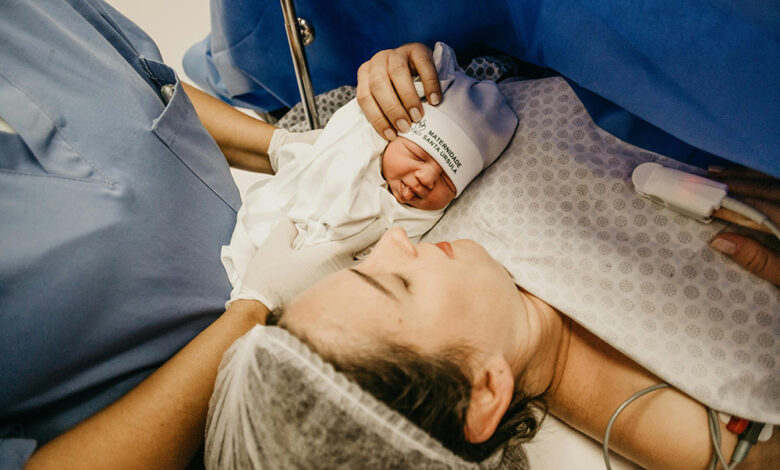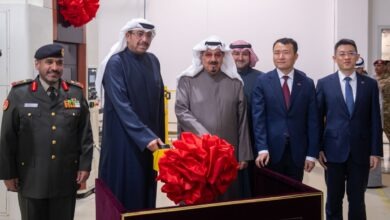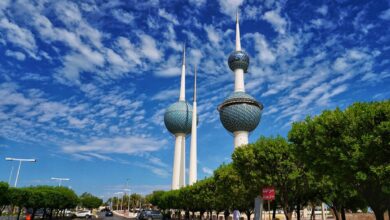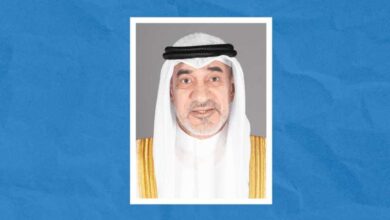Rediscovering Strength: The Importance of Postnatal Care for New Mothers

By Hermoine Macura-Noble
Special to The Times Kuwait
In the joyous whirlwind of new motherhood, one critical aspect is often overlooked: the mother’s recovery. While much attention is rightly focused on the newborn, experts are sounding the alarm on the need for comprehensive postnatal care to support women’s physical and emotional healing after childbirth.
Pregnancy and delivery place immense strain on a woman’s body, particularly on the pelvic floor and vaginal tissues. Postnatal rehabilitation—a field rapidly gaining momentum in women’s health— is designed to restore function, comfort, and confidence to mothers navigating life after childbirth.
“Many women experience issues such as urine leakage, painful intercourse, vaginal laxity, or even organ prolapse after giving birth,” explains Dr. Maria Karakoulaki, a leading Functional Gynecologist and Menopause Expert at Dubai-based Gyneco. “These aren’t just inconveniences, they can significantly impact quality of life, yet so many suffer in silence,” she adds.

Leading Functional Gynecologist and Menopause Expert
Gyneco’s postnatal rehabilitation program combines cutting-edge technology with compassionate care. One of their signature offerings is the Emsella Chair, which uses High-Intensity Focused Electromagnetic (HIFEM) technology to stimulate over 11,000 pelvic floor contractions in just 28 minutes. This non-invasive treatment rebuilds strength and restores bladder control without surgery or downtime; an ideal solution for new mothers.
Other innovations include Femilift, a laser-based treatment approved by the FDA that rejuvenates vaginal tissues by encouraging collagen and elastin production, and Emfemme 360, a radiofrequency-based approach that improves tissue elasticity and blood flow. For women seeking regenerative therapies, Platelet-Rich Plasma (PRP) and Exosome treatments are also available, harnessing the body’s own healing potential to restore function and comfort.
But while high-tech solutions are vital, experts emphasize that postnatal rehabilitation is not merely about convenience or aesthetics; it is about restoring dignity, intimacy, and the ability to live fully. Holistic and personalized care is key.
According to the World Health Organization, around 40 percent of women report health problems related to childbirth within the first year after delivery. Yet many do not receive adequate postpartum care. In the GCC, awareness is slowly increasing as modern clinics like Gyneco bridge the gap between traditional maternity services and long-term recovery.
Cultural expectations remain a significant barrier. Many women are pressured to ‘bounce back’ quickly—to resume marital intimacy and take on household responsibilities. Shame and stigma often prevent them from voicing discomfort or complications. A 2022 study by the Arab Women’s Health Initiative found that 61 percent of new mothers in the GCC do not discuss postpartum symptoms with their doctors, despite experiencing physical pain or emotional distress.
Further complicating recovery is the high rate of cesarean sections in the UAE. While sometimes medically necessary, C-sections increase healing time and risk of complications such as scar tissue, adhesions, and emotional trauma. Without proper follow-up care, these issues can spiral into chronic pain or psychological challenges.

“Women in the Gulf often have access to excellent prenatal care but are left on their own after birth,” says Dr. Laila Al Maktoum, a women’s health advocate in the UAE. “We need a cultural shift, one that validates women’s postnatal experiences and ensures they have access to science-based rehabilitation and emotional support.”
Holistic recovery is also essential for future pregnancies. Rebuilding pelvic floor strength and restoring tissue health can reduce the risk of tearing or repeat episiotomies in subsequent deliveries—something many women are never informed about.
As more clinics embrace advanced, non-invasive solutions, women in the Gulf now have greater access to healing— offered with dignity, privacy, and empowerment. By speaking up and seeking care, they are breaking the silence around postnatal health and paving the way for a future where recovery is not a luxury, but a right.
“We want to normalize postnatal rehab as part of every woman’s journey,” adds Dr. Karakoulaki. “Whether it’s regaining the confidence to run, reconnecting with your partner, or preparing for another baby, we’re here to support that path.”
As society evolves in its understanding of maternal health, postnatal care is finally stepping out of the shadows. With advanced therapies, expert-led clinics, and a growing awareness of women’s postpartum needs, new mothers are being empowered to heal, strengthen, and thrive, not just survive.
 By Hermoine Macura-Noble
By Hermoine Macura-Noble
The first Australian English speaking News Anchor in the Middle East. She is also the Author of Faces of the Middle East and Founder of US-based 501c3 charity – The House of Rest which helps to ease the suffering of victims of war. For more from our Contributing Editor, you can follow her on Instagram, here.












